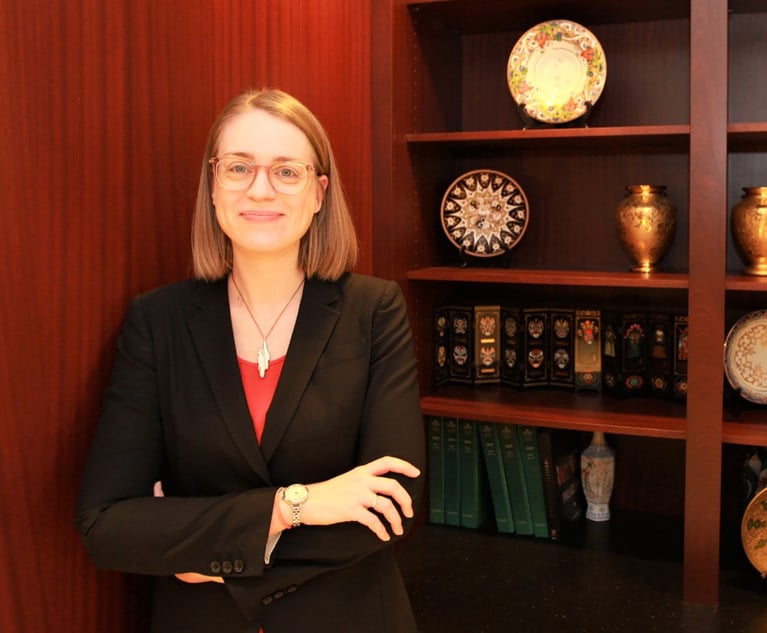In employment-based immigration, most paths to a green card require a labor market test through the labor certification (or PERM) process. National interest waivers (NIWs) provide an important exception to this rule. NIWs allow advanced-degree professionals and individuals with demonstrated exceptional ability in the sciences, arts, or business to bypass the labor certification process and secure U.S. permanent residence even in the absence of a job offer. Individuals can benefit from NIW classification through sponsorship by an employer or self-sponsorship, as long as they can demonstrate that their endeavors and contributions are “in the national interest” of the United States.
In 2016, the Administrative Appeals Office (AAO) of the U.S. Citizenship and Immigration Services (USCIS) published a precedent decision, Matter of Dhanasar, 26 I&N Dec. 884 (AAO 2016), which introduced a new framework to determine eligibility for national interest waivers. The Dhanasar standard was intended to provide greater clarity and allow for increased flexibility in establishing eligibility for an NIW, for the ultimate benefit of U.S. national interests. Under this framework, an NIW may be granted if the petitioner establishes that: the proposed endeavor has substantial merit and national importance; the individual is well positioned to advance the proposed endeavor; and on balance, it would be beneficial to the United States to waive the requirements of a job offer and labor certification. NIW eligibility must be established by a preponderance of the evidence under all three “prongs” of the above analysis, and NIW adjudications remain at the discretion of USCIS. Following Dhanasar, further updates to the framework by which NIW petitions are adjudicated at USCIS were limited, but a flurry of activity in 2022 has provided welcome updates for many NIW petitioners.


 Allie K. Dempsey of Klasko Immigration Law Partners.
Allie K. Dempsey of Klasko Immigration Law Partners.




